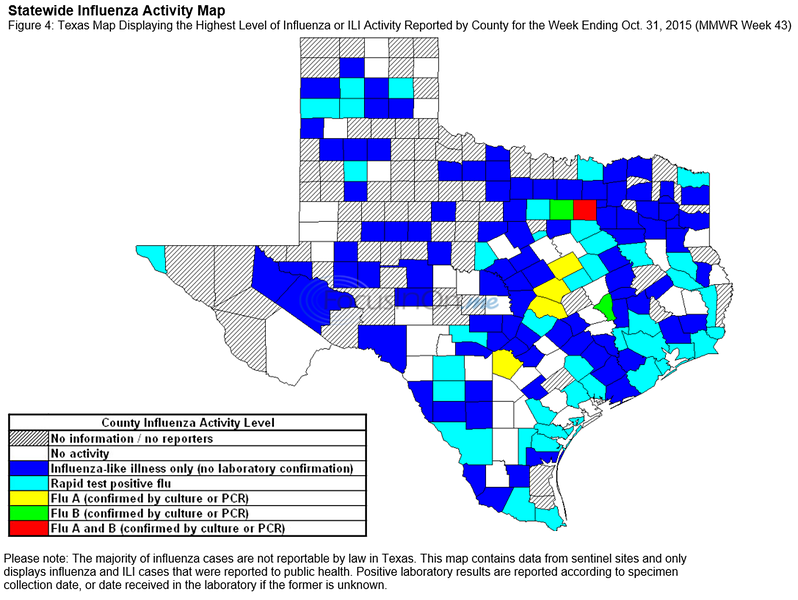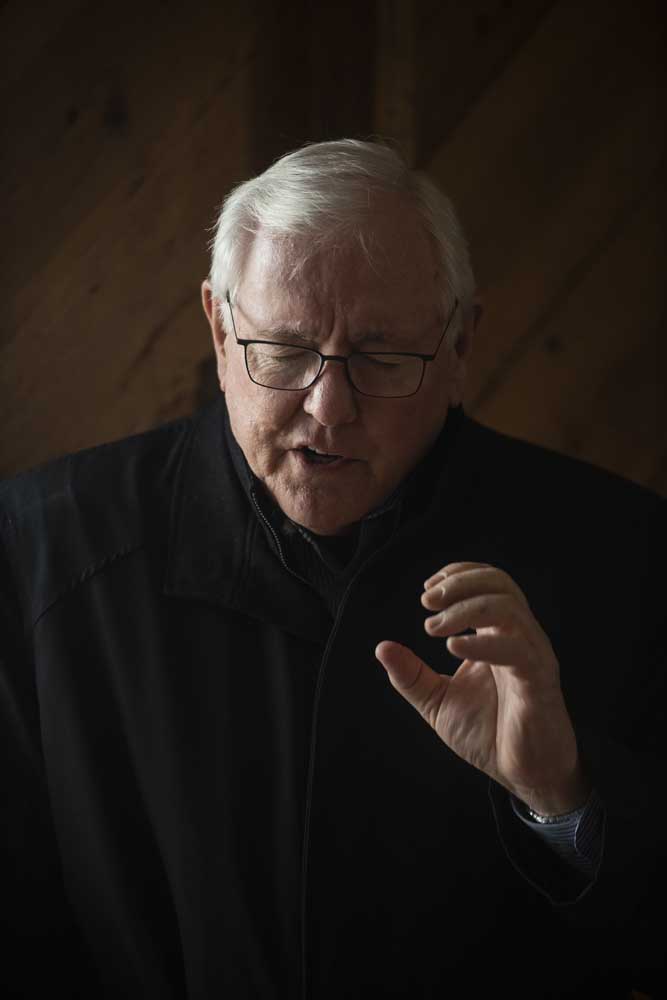Providers recommend vaccine and simple measures to stay well
Published 9:02 pm Saturday, November 14, 2015

- Source: Texas Department of State Health Services
Flu season is officially here, and while it is not yet widespread, health officials are reminding East Texans to be proactive to avoid getting ill.
Flu cases are trickling in slowly across the country, with only seven states and Washington, D.C. showing no activity. Non-laboratory confirmed cases are being reported in most East Texas counties, with an uptick in flu-like illnesses reported in late October.
“It’s here and it’s already started up,” said Dr. James Stocks, a pulmonologists at UT Health Northeast. “We’ve been lucky, because we haven’t had a bad flu season in a while. My gut feeling is we’ll have a big one soon.”
Stocks said flu is seen sporadically year-round, but the typical flu season begins in late fall and peaks in the winter.
It is estimated that the flu hospitalizes more than 200,000 people each year. Additionally, between 3,000 and 49,000 deaths are attributed to the flu in a given year. While flu is not a reportable disease, health officials estimate these figures using data from providers who do report it.
Providers promote the flu vaccine as the simplest and safest way to avoid getting the flu.
“People at increased risk for complications from the flu should get the vaccine as early as possible,” said Sylvia Warren, registered nurse and director of immunizations at NET Health.
This includes children younger than 5, adults older than 65, people with chronic illnesses or a suppressed immune system, and pregnant women.
The Centers for Disease Control and Prevention officials said they expect this season’s flu vaccine – which covers type A flu viruses H1N1 and H3N2, and type B flu viruses – to be more effective than the vaccine available last season. Early in 2015, the CDC concluded that only 18 percent of the virus data collected and analyzed matched the vaccine component for H3N2 viruses; and the vaccine for type B viruses was at 45 percent. It was far from the 50 to 70 percent effectiveness they usually see. CDC officials said the low vaccine effectiveness was due to an antigen shift – changes in the surface proteins that result in spontaneous mutation.
CLOSER LOOK:
The Northeast Texas Public Health District (NET Health) offers flu vaccinations at 815 N. Broadway Ave. The NET Health Immunizations Clinic is open from 8 to 11 a.m. and 1 to 4 p.m. Monday through Friday, and closes at 6 p.m. on Wednesdays. Flu vaccination for adults costs $20 per person and the flu mist is $25. Medicare Part B is accepted. Children who qualify for the Vaccines for Children Program will be charged an administrative fee of $10. The clinic accepts Medicaid, CHIP and most private insurance companies.







